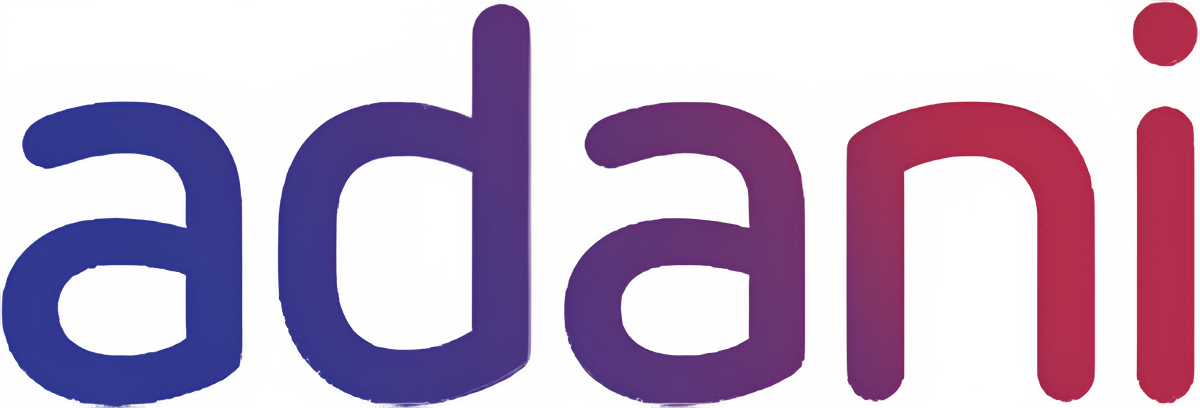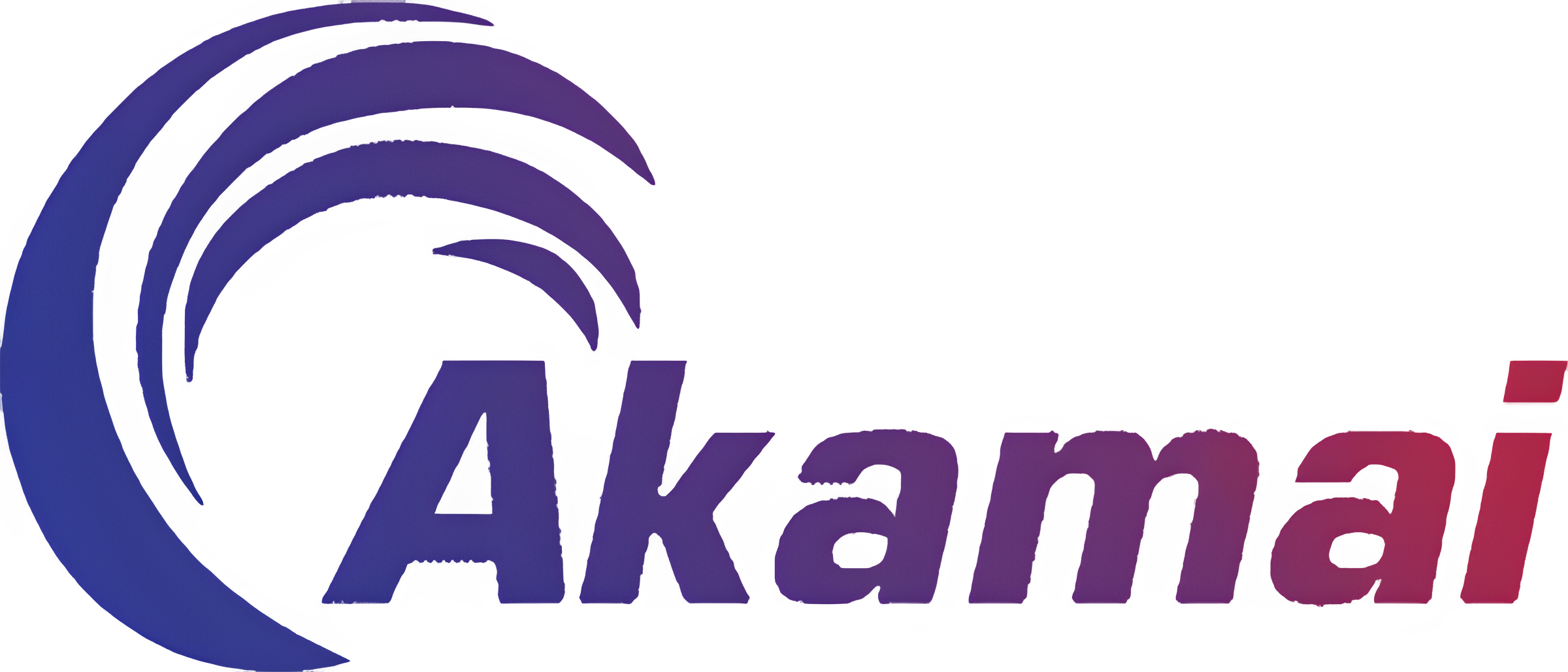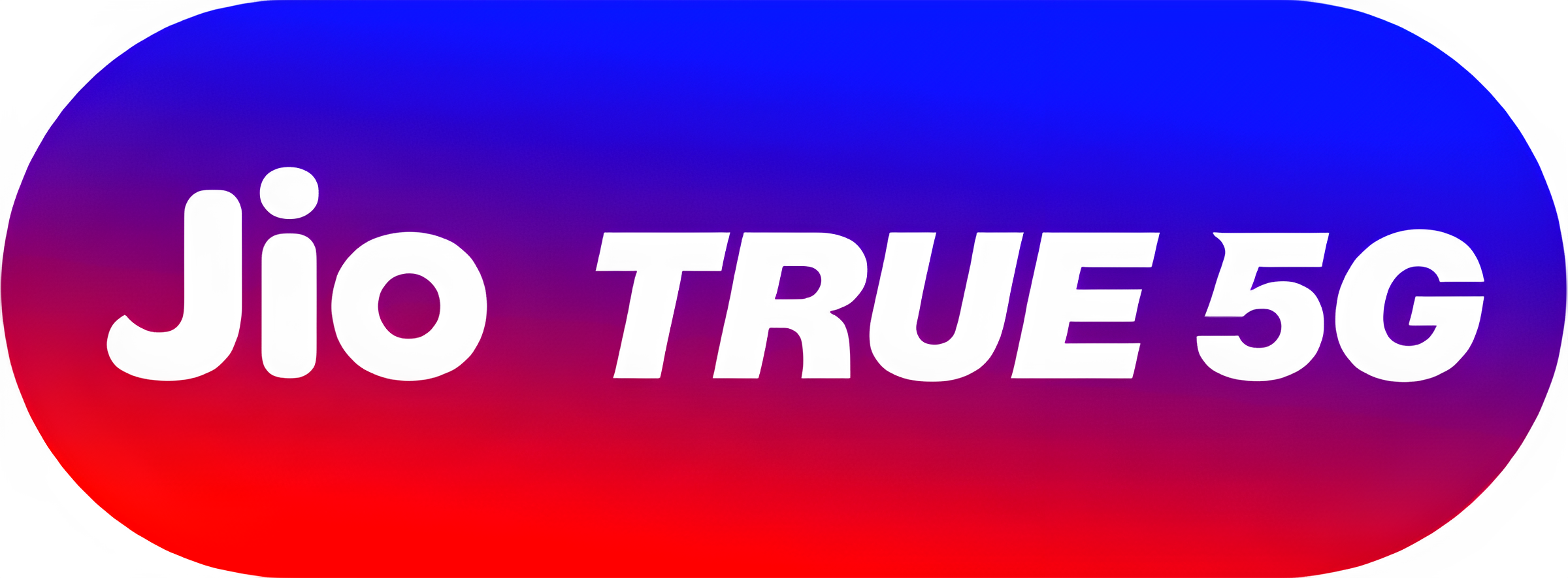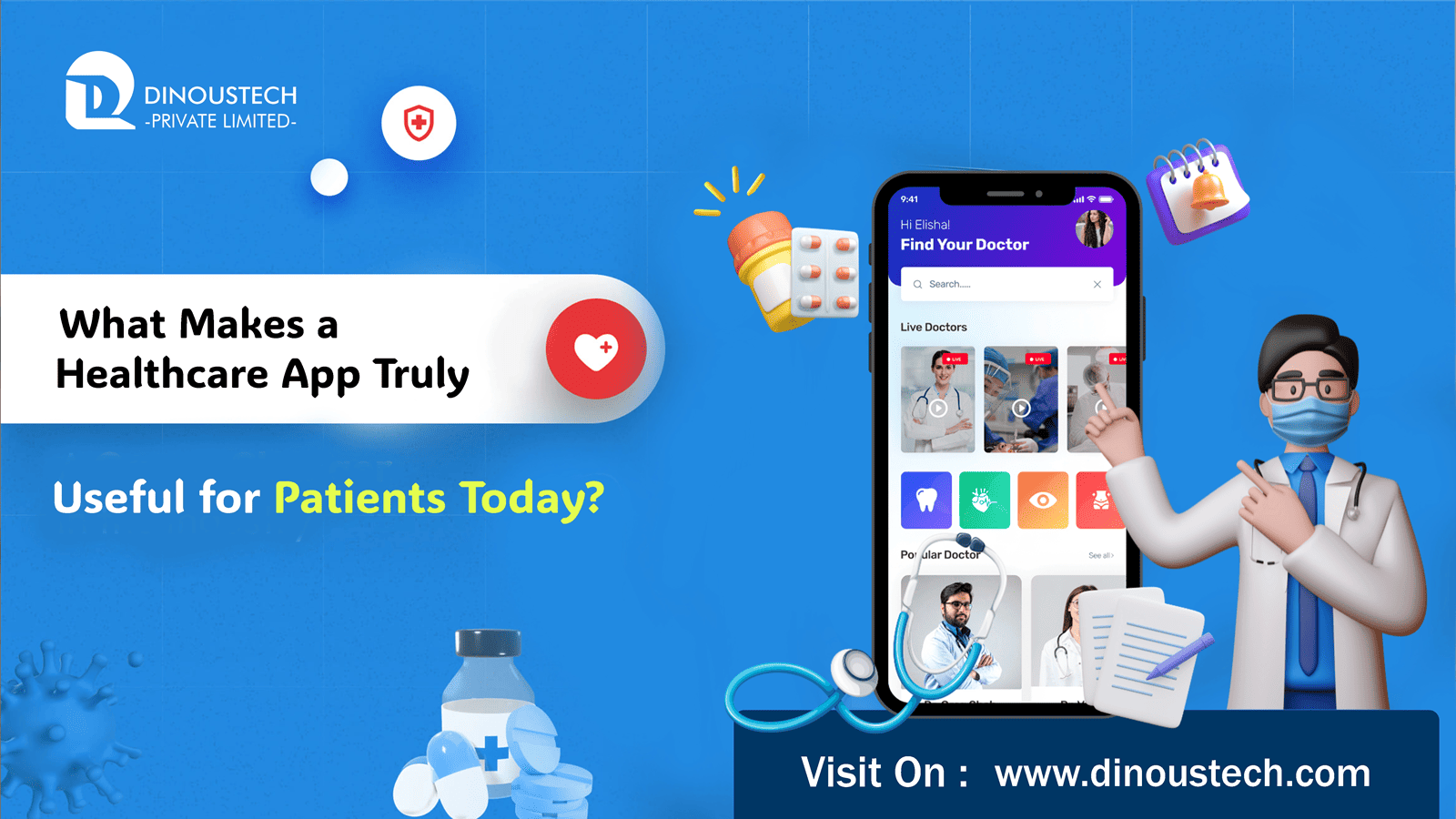What Makes a Healthcare App Truly Useful for Patients Today?
In an era where digital transformation is reshaping every industry, healthcare stands at the forefront of innovation. Apps that enable virtual consultations, remote monitoring, and personalized health management have become essential tools in patients’ daily lives. But what truly makes a healthcare app useful for patients today? Beyond cutting-edge technology, a successful app must address real-world challenges: enhancing accessibility, ensuring data security, and fostering engagement. From simple appointment booking to comprehensive chronic disease management, these platforms must seamlessly integrate into users’ routines. In this blog, we explore the key factors that determine an app’s value for patients and highlight why partnering with a reputable healthcare app development company or healthcare software development company like Dinoustech Private Limited can make all the difference.
Seamless User Experience
A primary factor in an app’s usefulness is its user experience (UX). Patients range from tech-savvy millennials to older adults with limited digital experience, so the interface must be intuitive, responsive, and accessible. Clear menus, readable fonts, and streamlined registration processes reduce friction and encourage regular use. For instance, a well-designed medication reminder feature should allow users to set up alerts with just a few taps. Similarly, telemedicine modules must enable patients to join virtual consultations without wrestling with complex settings. Engaging an affordable web designing company ensures that the interface is optimized for various screen sizes and user abilities, promoting adoption across demographics.
Robust Appointment Scheduling and Telehealth
The ability to book appointments online and conduct virtual visits has become indispensable. Patients value apps that let them view available time slots, choose preferred practitioners, and receive instant confirmation. Telehealth features—video or voice calls integrated directly within the app—reduce barriers to care, especially in rural or underserved areas. A healthcare software development company should integrate secure, high-quality video streaming, along with real-time chat for follow-up questions. The convenience of consulting a physician from home or on the go not only saves time but also improves outcomes by reducing appointment no-shows and enabling more frequent check-ins.
Personalized Health Tracking and Analytics
Today’s patients expect data-driven insights into their well-being. A truly useful healthcare app offers personalized dashboards that aggregate data from wearables, manual entry, and laboratory results. By displaying trends—such as blood glucose levels, heart rate variability, or sleep patterns—patients can better understand their health trajectory. Advanced analytics, powered by AI, can provide actionable recommendations, like suggesting lifestyle modifications or alerting users to seek medical attention when readings fall outside normal ranges. A best software development company can implement scalable data pipelines, ensuring that these insights remain accurate, real-time, and tailored to individual needs.
Secure Handling of Sensitive Data
Healthcare data is among the most sensitive categories of personal information. Patients need the assurance that their health records, diagnostic reports, and consultation notes are protected. Compliance with regulations like HIPAA (in the U.S.) or GDPR (in Europe) is non-negotiable. End-to-end encryption, secure authentication methods (such as biometrics or multi-factor authentication), and regular security audits are essential. A custom website development company experienced in the healthcare sector understands the importance of these safeguards and can build systems that maintain strict data privacy while offering seamless access to authorized users. As cyber threats evolve, continuous monitoring and timely security updates ensure that the app remains trustworthy.
Integration with Existing Health Systems
For an app to be genuinely useful, it must connect with a patient’s broader healthcare ecosystem. This includes interoperability with electronic health records (EHR), laboratory information systems (LIS), and pharmacy management platforms. When a patient’s app automatically retrieves lab results or uploads prescription data, it eliminates redundant data entry and minimizes errors. Moreover, care teams can coordinate interventions more effectively when they have a unified view of the patient’s history. Partnering with a healthcare app development company that prioritizes interoperability standards—such as HL7 FHIR—ensures seamless data exchange across platforms, fostering continuity of care and reducing administrative burdens.
Medication Management and Reminders
Non-adherence to prescribed medications is a critical issue that impacts outcomes and healthcare costs. A useful healthcare app addresses this through intuitive medication management tools. Features might include pill reminders, refill notifications, and dosage instructions with easy-to-understand visuals. Some advanced platforms even recognize prescription labels via the device camera and auto-populate medication schedules. By reducing forgetfulness and confusion, these tools empower patients to stay on track with their treatment plans. A healthcare software development company with experience in clinical workflows can design these features to align with pharmacy systems, ensuring prescriptions and reminders remain accurate and up-to-date.
Telemedicine and Virtual Support Communities
Beyond one-on-one telehealth visits, modern healthcare apps often include support communities where patients can connect anonymously with peers facing similar conditions. These virtual forums facilitate emotional support, knowledge sharing, and accountability—elements that are vital for chronic disease management. Integrating features like moderated discussion boards or group video sessions requires careful moderation and user verification to maintain a safe environment. A best software development company that has built scalable social features can design these communities to protect user privacy while fostering meaningful interactions. Such peer support can complement clinical care, improving adherence and overall patient satisfaction.
Accessible Educational Content
An informed patient is an empowered patient. By embedding educational resources—such as articles, videos, and interactive modules—within the app, providers can promote health literacy. Topics might range from nutrition guidelines and exercise plans to detailed explanations of medical procedures. When users have access to credible, up-to-date information, they can make better decisions and participate more actively in their care. A custom website development company specializing in content management can ensure that these resources are easily updated, searchable, and personalized based on user profiles. Such integration enhances the app’s value, positioning it as a trusted partner in the patient’s health journey.
Real-Time Communication and Alerts
Communication between patients and care teams should not be limited to scheduled appointments. A truly useful healthcare app offers secure messaging for patients to ask questions, report symptoms, or request prescription renewals. Automated alerts for abnormal readings—such as a dangerously high blood pressure measurement—enable rapid interventions. For instance, if a diabetic patient’s glucose reading crosses a threshold, the system can notify both the patient and their care coordinator immediately. Implementing these real-time features demands reliable backend services and push notification capabilities. Working with an affordable web designing company ensures that alerts are delivered promptly without excessive development costs, creating an app that responds to evolving health needs.
Emphasizing Convenience and Accessibility
Inclusivity is paramount in healthcare technology. Apps must cater to users with varying abilities—incorporating features like voice commands, text-to-speech for visually impaired patients, and adjustable text sizes for readability. Offline modes, where users can access essential information or log health data without an internet connection, further enhance accessibility. Geolocation services can guide users to nearby clinics, pharmacies, or emergency services. By prioritizing convenience and accessibility, an app becomes indispensable in daily life, rather than a tool that is difficult for some to use. A healthcare app development company that embraces universal design principles ensures that the platform serves a diverse patient population.
Continuous Improvement and Feedback Loops
Healthcare is an ever-evolving field, and patient needs change over time. A successful app incorporates mechanisms for continuous feedback—such as in-app surveys, user rating systems, and feature request portals. Regular updates, driven by patient input and clinical guidelines, keep the app relevant and beneficial. Beta-testing new features with a small group of users helps identify usability issues before wider release. Close collaboration between developers, clinicians, and patients creates a feedback loop that fosters innovation and trust. Choosing a best software development company like Dinoustech Private Limited guarantees that you have a partner committed to iterative improvement, adapting the app to emerging medical advancements and user preferences.
Ensuring Affordability and Scalability
Cost can be a barrier to adoption, especially in regions with limited resources. To maximize impact, apps should be built with scalability in mind, allowing them to serve small clinics and large hospital networks alike without requiring complete rewrites. Cloud-based architectures, modular codebases, and microservices support expansion and load balancing. Furthermore, partnering with an affordable web designing company or a specialized healthcare software development company can help control development costs without compromising quality. By leveraging open-source tools where appropriate and negotiating favorable cloud service rates, development teams can keep subscription fees or licensing costs low, ensuring the app remains accessible to a broad user base.
Conclusion
What makes a healthcare app truly useful for patients today is a combination of seamless user experience, robust security, real-time communication, and integration with existing health systems. By focusing on personalized health tracking, medication management, telehealth, and educational content, apps can transform patient engagement and outcomes. To achieve this, it is vital to partner with the right experts—whether that’s a healthcare app development company, a leading healthcare software development company, a custom website development company, a best software development company, or an affordable web designing company. At Dinoustech Private Limited, we bring together deep healthcare domain knowledge, technical acumen, and user-centric design to create apps that patients rely on daily. In an ever-evolving digital health ecosystem, a well-crafted app is more than just technology—it is a lifeline for patients seeking convenient, secure, and effective care.

















